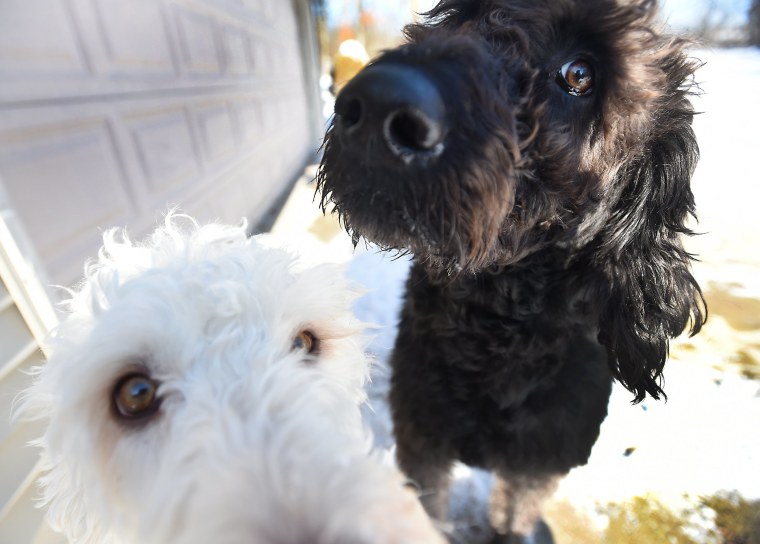As recently as late February, Health and Human Services Secretary Alex Azar was trying to persuade the public that he was in charge of the official Trump administration task force combating the coronavirus crisis. The fact that he considered such an effort necessary was emblematic of the cabinet secretary's uncertain role on the team.
Azar's standing hasn't exactly improved in the two months that followed. In fact, the Wall Street Journal published a rather brutal report yesterday, based on interviews with more than two dozen administration officials and others involved in the government's coronavirus effort, which concluded that Azar "waited for weeks to brief the president on the threat, oversold his agency's progress in the early days and didn't coordinate effectively across the health-care divisions under his purview."
And while reports like these cast the HHS secretary in an unflattering light, there's one specific part of Azar's work that's starting to draw quite a bit of attention.
Reuters reported late yesterday that Azar made an unfortunate Fox News appearance on Jan. 21, assuring the national television audience that the administration had already developed a diagnostic test for the coronavirus, which was ready for national diagnostic deployment. That wasn't exactly true.
But it was what the HHS secretary did after his on-air comments that's causing a stir.
Shortly after his televised comments, Azar tapped a trusted aide with minimal public health experience to lead the agency's day-to-day response to COVID-19. The aide, Brian Harrison, had joined the department after running a dog-breeding business for six years. Five sources say some officials in the White House derisively called him "the dog breeder."
As best as I can tell, this does not appear to be a joke.
The Reuters report added that the 37-year-old aide has "no formal education in public health, management, or medicine." Harrison had a variety of stints working for then-Vice President Dick Cheney, the Department of Defense, and a D.C. public-relations company, before running what his HHS bio describes as "a small business in Texas." That business, evidently, was Dallas Labradoodles.
Harrison parlayed that experience into a prominent role on Azar's team at the Department of Health and Human Services, becoming what HHS described as "a key manager of the HHS virus response."
The article quoted one department official saying, "Everyone had to report up through him."
If you find yourself thinking about Mike Brown, who became the Bush/Cheney FEMA director five years after leading the International Arabian Horse Association, you're not the only one.
But I'm also reminded of the degree to which Trump administration officials have highly unusual backgrounds. As regular readers know, the Washington Post noted a couple of years ago that when Donald Trump makes personnel decisions, he doesn't necessarily value "traditional qualifications." That always struck me as a polite way of saying the president has a habit of hiring unqualified people, indifferent to their preparedness.
It's a dynamic that led Trump to tap his young son-in-law, for example, to tackle a comically long list of White House priorities. The president's former golf caddy became the White House social media director. Trump's former bodyguard oversaw "Oval Office operations." A Trump family wedding planner was given a key post at HUD. At one point, the president even considered his pilot to lead the FAA.
In February, Trump asked a Republican operative and notorious internet troll to oversee the U.S. intelligence community, at least for a while. A trio of college students have been given notable White House posts.
So why wouldn't a dog breeder get a powerful Trump administration post and help oversee the federal response to a pandemic?

